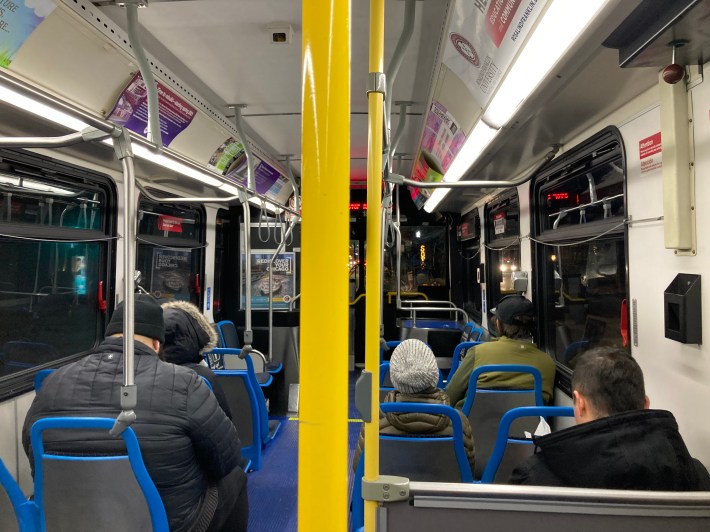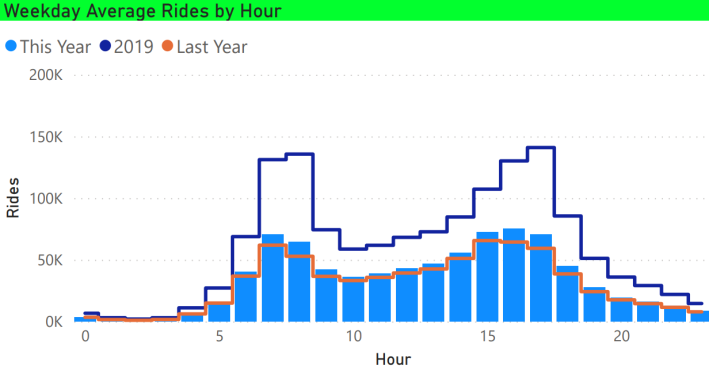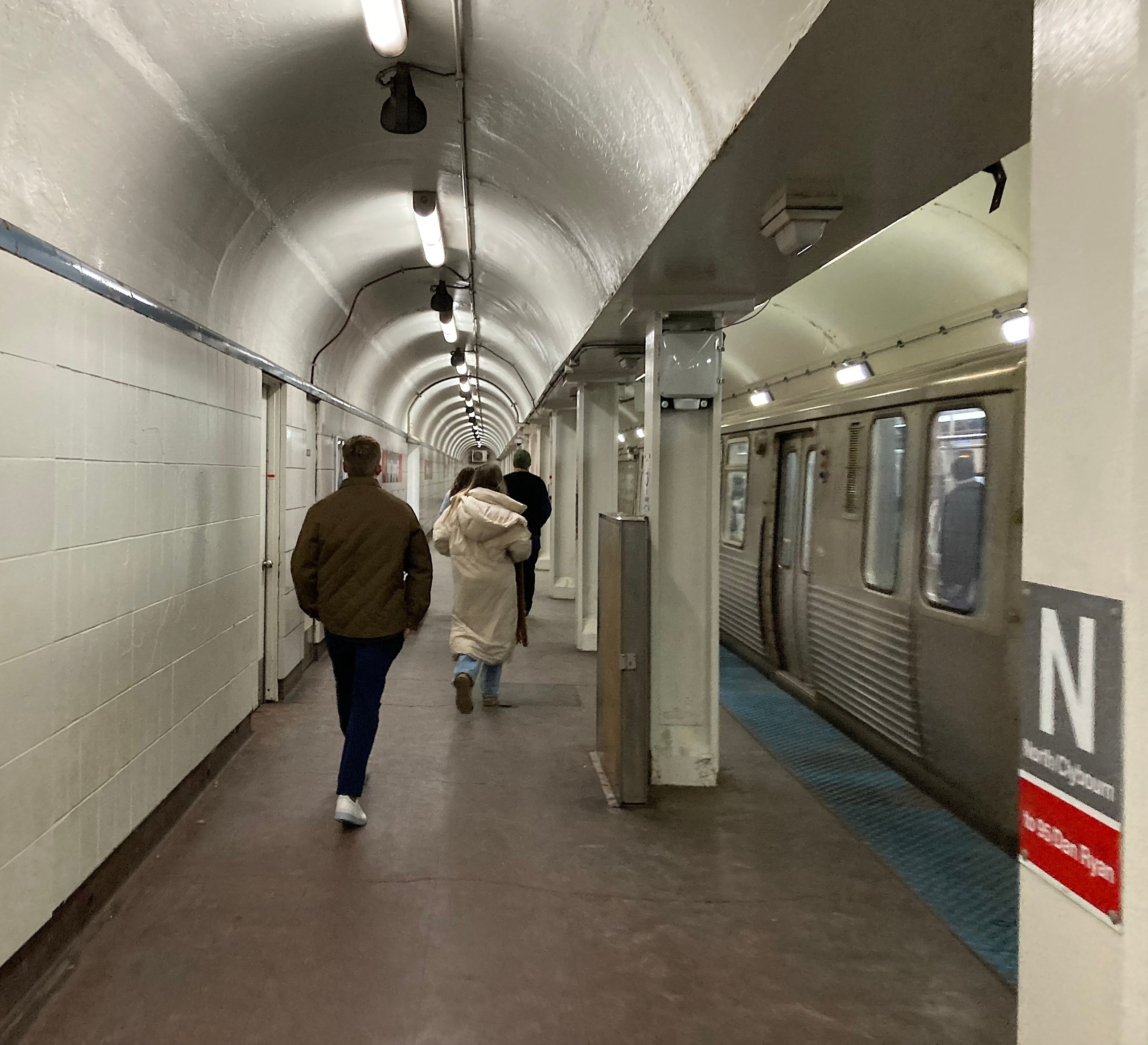Streetsblog Chicago recently reached out to the CTA to ask for an interview with controversial agency president Dorval Carter Jr. to get the latest info on his efforts to make the transit system more reliable, safer, and more sanitary as society continues to recover from the COVD-19. While the CTA declined our interview request, spokespersons did respond to a few questions about recent developments.
Last month Mayor Lori Lightfoot, who appoints the CTA chief, essentially admitted that she had been blocking a proposed city ordinance that would require Carter to meet with Chicago alderpersons to provide an update on service on a quarterly basis, and said the president would, in fact attend these meetings. Asked for an update on this situation, a CTA spokesperson said, "President Carter will follow the ordinance and looks forward to the continued dialogue with alderpersons and constituents in light of Mayor Lightfoot announcing that he would meet quarterly to answer questions about CTA progress. The format of such meetings is still in development."
Perhaps the most important piece of the puzzle for getting local public transportation in good working order is restoring the CTA workforce – which has been greatly impacted by pandemic-related absences, resignations, and retirements – to full strength. The agency currently has 100 to 200 openings for train operators and over 600 for bus drivers.
To help fill the gaps, the CTA has budgeted $80 million for two years of new employee incentives, including hiring bonuses for bus operators, bus mechanics, and rail car operators, and retention bonuses for eligible employees. The agency has hosted multiple job fairs that have led to new hires, according to spokespersons. For example, the goal is to hire 450 bus operators by the end of the year, and currently 390 of those vacancies have been filled, representing an 87 percent hiring success.

The job fairs include presentations describing the positions at CTA and the application process, question and answer time with current CTA employees, and an opportunity for all attendees to apply at an onsite application workshop. A Commercial Driver's License or a Commercial Learner's Permit is not required to apply, and new hires have the opportunity to earn a CDL through classes offered by Olive Harvey College in cooperation with the transit agency.
The CTA recently announced new, higher starting wages for full-time bus operators and bus mechanics, which are 17 and 25 percent higher than before, respectively. The starting hourly rate for full-time bus drivers is now $28.42 (up from $24.27.) For bus mechanics, the new hourly rate is $39.42 (up from $31.35).
The CTA also has several programs to encourage retired employees to return to work. The most successful, which CTA introduced earlier this year, has been the rail instructor retiree program, with nine retirees working to help with rail training for recruits.
Recently the CTA has been providing monthly updates on ridership and other recovery metrics called Meeting the Moment Scorecards. The December report shows that weekday average rides per hour is currently somewhat better than in 2021, but it's still far below pre-pandemic 2019 levels.

However, one huge win for the CTA recently was last week's City Council approval of the tax-increment financing district for the south Red Line extension project. The TIF is project to generate $959 million to help pay for the $3.6 billion rail extension into the city’s Far South Side. The project, one of the largest in CTA history, is estimated to generate over 6,000 jobs for the area.
And on a lighter – but important – note, the CTA will once again offer free New Year bus and train rides, helping to keep drunk drivers off the roads. The service begins at 10:00 p.m. on New Year's Eve and lasts until 4:00 a.m. the following morning, thanks to a sponsorship by Miller Lite.





